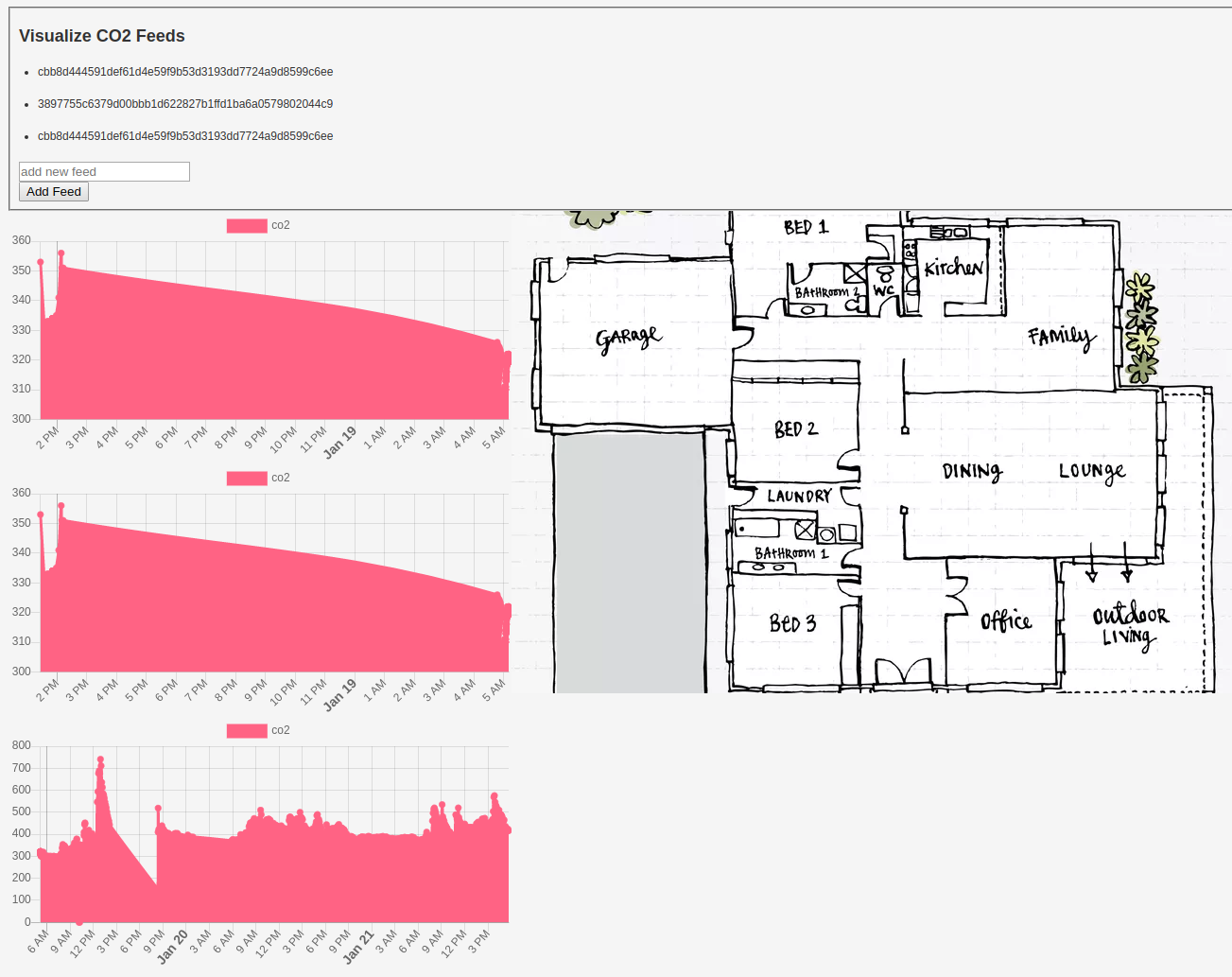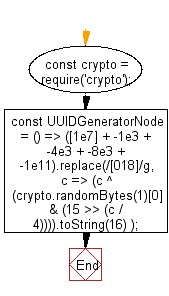

The following code can be executed on page load and contains a small footprint for the identifiers designed with the allowed values.

This is great that it will work in both older browsers and modern browsers without using regular expression. Some other ways to generate uuid would be to use var uuid or import uuid in javascript using randomuuid instanceof function to return random with the following methods for the uuids generated. Uuid package with crypto api and a random number This saves me the awkwardness of passing a variable from the server to the client when I generate guid to return uuid in javascript. I've previously accomplished this by executing a server-side function to generate a GUID (globally unique identifier) with the crypto api and pass it through to my JavaScript with the below code. With this code it's like we have our own uuid package to generate uuid in javascript using a random number and not relying on a new date for the uuid in javascript. Let's run it again to see some more UUIDs: The Crypto API provides method crypto. When I ran the function method I received the following sample output for the UUID generated: While there are many different ways to generate UUID in JavaScript, the most modern way would be to use the built in ES6 Crypto API. Let's execute it 10 times generate UUID to create guid and checkout the output to see the UUID generated with the below code for a certain uniqueness guarantees in the example guid for the uuid in javascript using: Let bytes = (new Uint8Array(32)) Ĭonst randomBytes = () => (bytes = bytes.slice(1)) & bytes This example is very similar to using the JavaScript String concat() Methodįunction generateuuid or function createuuid (whichever you prefer) to generate guid or create guid or uuid in javascript with the crypto api: It uses a pseudo random number when creating guid with the following code function createuuid.

It can generate version 1, 3, 4 and 5 UUIDs. The JavaScript library we recommend for generating UUIDs is called (unsurprisingly), uuid. Let's take a look at the function that will return UUID after it generate GUID from a byte array. Although the JavaScript language itself does not have built-in support for generating a UUID or GUID, there are plenty of quality 3rd party, open-source libraries that you can use. Using to create a UUID/GUID with the crypto api Note: You can also use your own pseudo-random number generators to generate ULIDs.Generate uuid universally unique identifier with Javascript code const uuid require ('uuid') console.log (uuid ()) console.log (uuid ()) console.log (uuid ()) You can run it using the following command. import from 'ulid' const random_number_gen = detectPrng(true) const ulid = factory(random_number_gen) Then create a js file (script.js) with the following contents. This library supports both version 4 UUIDs (UUIDs from random numbers) and version 1 UUIDs (time-based UUIDs), and provides an object-oriented interface to print a generated or parsed UUID in a variety of forms. However, if you want to use Math.random() in ULID, you need to allow permission for that explicitly. UUID.js is a JavaScript/ECMAScript library to generate RFC 4122 compliant Universally Unique IDentifiers (UUIDs). But, ULID blocks the use of Math.random() by default and automatically decides a suitable random number generator based on the situation.įor example, it will use crypto.getRandomValues for browsers and crypto.randomBytes for Node environments. Most random ID generators use unsafe Math.random() to generate IDs. Note: The timestamp part of the ULID is represented with UNIX-time in milliseconds, and it won’t run out of space ’til the year 10889 AD. Instead, you can use the timestamp representation of ULID to order or partition data based on the created time. This feature of ULID allows developers to easily manage database-related tasks like sorting, partitioning, and indexing.įor example, you don’t need to create an extra column to maintain the record created time. Lexicographical sortability is one of the most highlighted features of ULID.Īs we are already aware, ULIDs can be sorted. It excludes I, L, O, and U letters to avoid any unexpected confusion. Note: ULIDs are encoded using Crockford’s Base32 alphabet ( 0123456789ABCDEFGHJKMNPQRSTVWXYZ). Both these parts are base 32 encoded strings and represented using 48 bits and 80 bits, respectively.įor example, break down of the above ULID would look like this: 01FHZXHK8PTP9FVK99Z66GXQTX Timestamp (48 bits) - 01FHZXHK8P Randomness (80 bits) - TP9FVK99Z66GXQTX The first 10 characters of the ULID represent the timestamp and the second part of the ULID represents randomness. Example UUID 01FHZXHK8PTP9FVK99Z66GXQTX When you generate an ID using UUID, it will generate a 36 character long string by only considering randomness or timestamp.īut, ULID considers both randomness and timestamp to generate IDs and they are encoded as 26 character strings (128 bits).


 0 kommentar(er)
0 kommentar(er)
